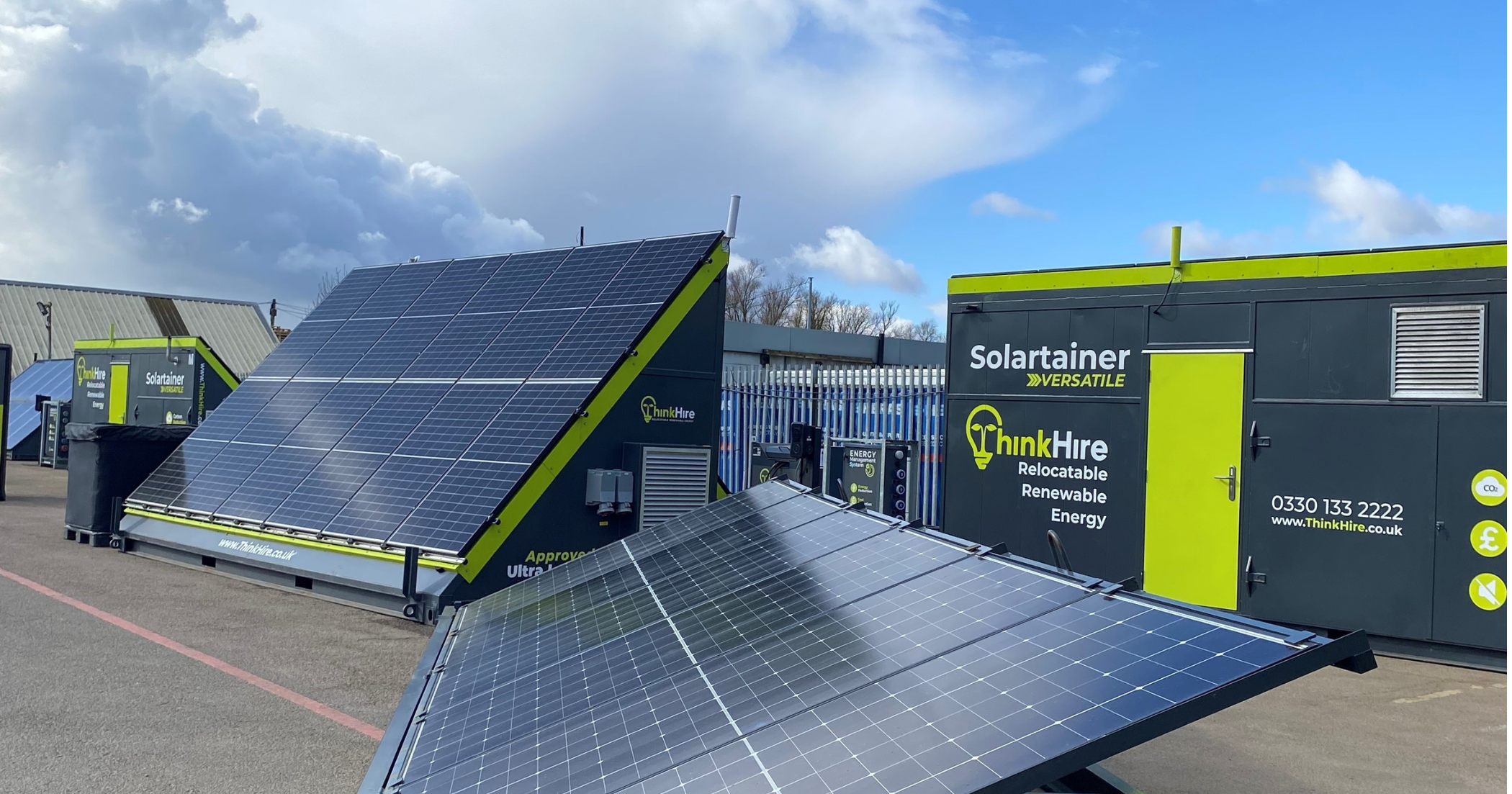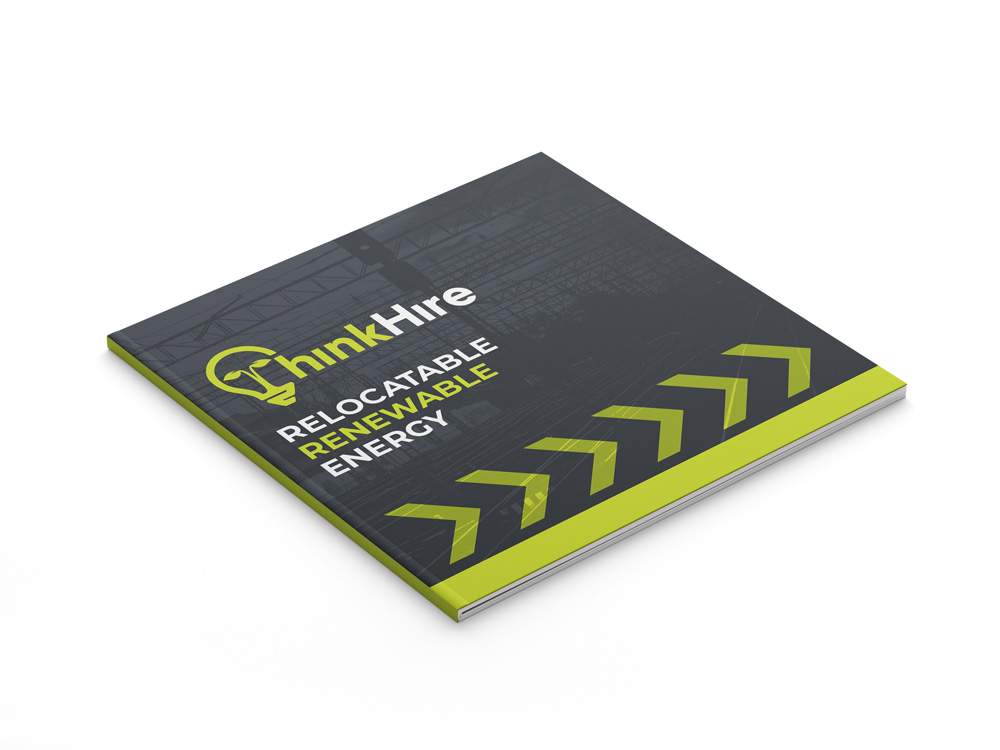How Can a Solar Powered Generator Help You Reach Net Zero?
Date: 14/03/25

Many companies choose Think Hire’s solar powered generators to help them on their path towards net zero. We hear the phrase all the time, but what exactly is ‘net zero’, what does net zero mean in real terms, and why is it so important that we all work towards it as the very minimum to combat climate change?
What does ‘net zero’ mean?
Net zero means putting no more into a system than you take out. In the case of climate science, that means cutting all carbon emissions down to a level where natural processes, and man-made carbon capture technology, can absorb what’s left. This would mean that there is no net increase in the carbon in the atmosphere and therefore no risk of increasing the effects of climate change.
It’s worth noting that net zero on its own will not undo any of the effects of climate change that we’re already experiencing, but it will stop things from getting any worse.
What is the difference between net zero and gross zero?
Gross zero means not releasing any carbon emissions in the first place. This means that natural and man-made carbon capture would then be able to ‘mop up’ existing carbon in the atmosphere, actively reducing greenhouse gas levels. The UK energy grid has a goal of being carbon zero by 2050, through the use of solar powered generator, wind and tidal power.
Why is net zero so important?
To avoid catastrophic climate change, the UN Intergovernmental Panel on Climate Change states that we need to achieve net zero globally by 2050. In support of this, almost 200 countries signed the Paris Climate Agreement in 2015, agreeing to work towards this goal in order to keep global temperature rises below the threshold of a 1.5°C increase.
So is the world working towards net zero?
In theory, yes. Many countries are committed, on paper at least, to achieving net zero. The UK and the EU are committed to a 2050 net zero target and the US has previously said it is also aiming for net zero by 2050 (although this may change under Donald Trump). Russia and India are a little further behind, with net zero goals of 2060 and 2070, with China only committing to ‘carbon neutrality’ by 2060.
What is the difference between net zero and carbon neutral?
While both have the same core aim, carbon neutral is more focussed on removing carbon, or paying to offset carbon emissions, than it is on reducing those emissions in the first place. Many of these schemes are controversial, as they don’t actively reduce carbon emissions, and they often involve questionable schemes such as paying for tree planting, which will take years to have any measurable effect.
Net zero for your business
On a smaller scale, your business can set its own, individual net zero targets as part of your sustainability policies, and Think Hire are on hand to help you achieve them. Our expert team will work with you to create the most sustainable construction sites, fed by solar powered generators, which produce little or no carbon emissions at all.
Our state of the art solar powered generator include the very latest hybrid technology. This allows you to maximise sustainability wherever possible, while retaining the reassurance of diesel back-ups to keep the power flowing around the clock. Portable, flexible and fully scalable, the Solartainer suite of solar powered generator has proved itself across a huge range of sectors across the country.
This industry leading solar powered generator technology is backed by innovative energy management systems, which allow you to monitor energy use and greenhouse gas emissions in real time. This not only puts you in complete control, but also gives you all the data you need to monitor your progress towards your net zero goals.
Now that you know more about net zero, you can see that it’s much more than just a catchphrase for the climate movement; it’s essential at all levels, from individual companies to whole countries and continents. To see how easily your organisation could achieve net zero on your construction sites, contact Think Hire today.
